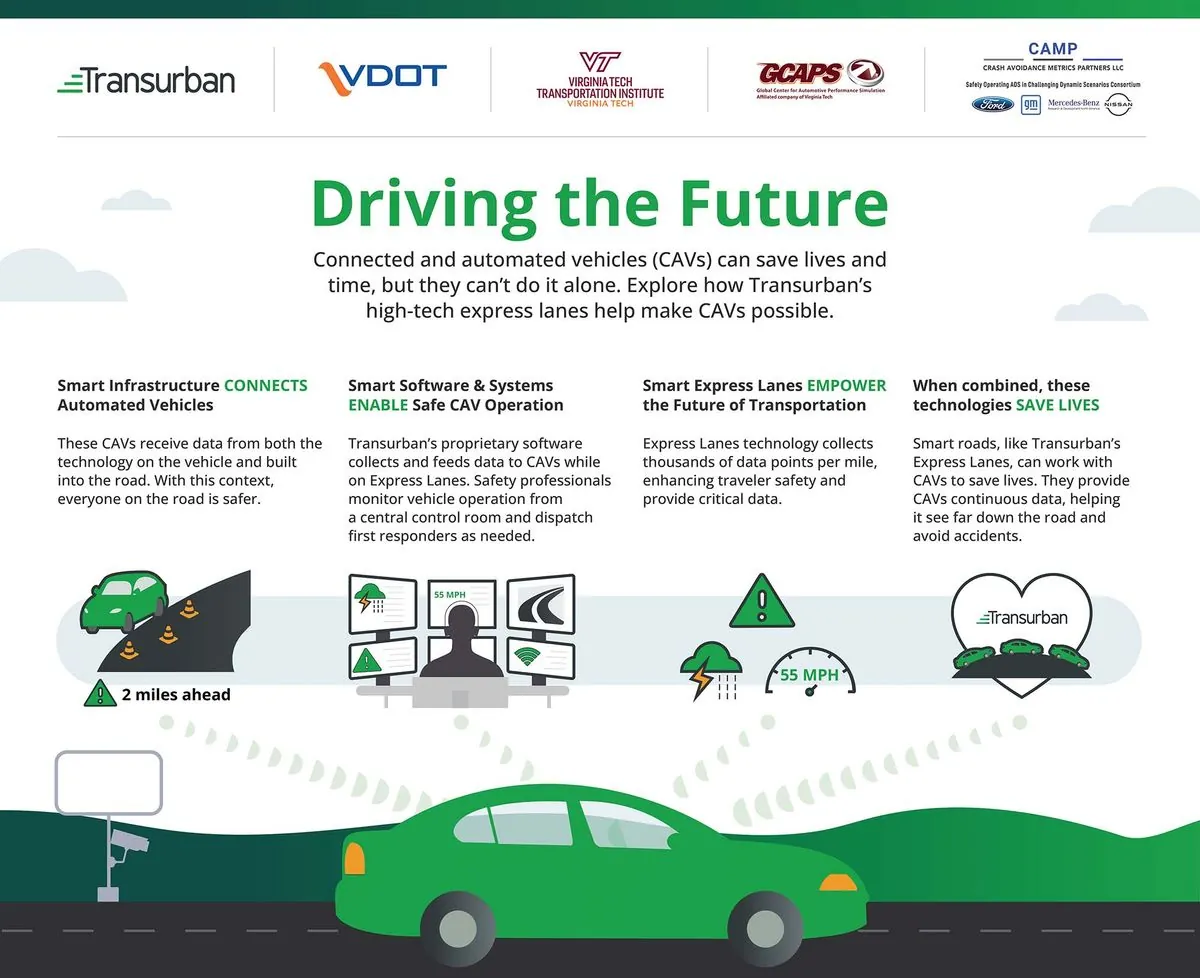The U.S. Commerce Department has unveiled a proposal to prohibit the sale of connected and autonomous vehicles equipped with Chinese and Russian software and hardware in the United States. This initiative, announced on September 23, 2024, aims to safeguard national security and protect American drivers from potential threats.
Gina Raimondo, U.S. Secretary of Commerce, emphasized the proactive nature of this measure, stating:
"This is not about trade or economic advantage. This is a strictly national security action. The good news is right now, we don't have many Chinese or Russian cars on our road."
The proposed rule targets technologies that enable external communication and autonomous driving capabilities in vehicles. It would apply to all vehicles, excluding those not used on public roads, such as agricultural or mining equipment.
The ban's implementation is scheduled for the 2027 model year for software and the 2030 model year for hardware, allowing the automotive industry time to adapt. This timeline reflects the complexity of global supply chains, particularly in hardware components.
The initiative comes as part of a broader strategy to reduce U.S. dependence on Chinese products and technology. It follows recent steps taken by the Biden administration to crack down on cheap products from China, including electric vehicles.
The global connected car market is projected to reach $191 billion by 2028, highlighting the significance of this sector. With the average modern car containing over 100 million lines of code and about 1,400 semiconductor chips, the potential for security vulnerabilities is substantial.
The U.S. automotive industry, contributing approximately 3% to the country's GDP, faces challenges in balancing innovation with security concerns. The proposed rule aims to address these challenges proactively, learning from Europe's experience with the rapid market penetration of Chinese electric vehicles.
Vehicle-to-everything (V2X) communication, a key technology for future connected cars, presents both opportunities and risks. The U.S. National Highway Traffic Safety Administration (NHTSA) oversees vehicle safety standards, but cybersecurity in connected cars is also governed by international regulations such as UN Regulation No. 155.
The Commerce Department has engaged with major auto companies worldwide and various industry associations while drafting the proposed rule. This collaborative approach aims to ensure a comprehensive understanding of supply chain networks and potential impacts.
As the automotive industry evolves, with 5G technology expected to revolutionize connected car capabilities, the U.S. government seeks to maintain a balance between technological advancement and national security. The CHIPS and Science Act of 2022, aimed at boosting domestic semiconductor production, aligns with this strategy of reducing dependence on foreign technology.
The public comment period for the proposed rule is set for 30 days after its publication, with finalization expected by the end of the current administration term. This timeline allows for industry feedback and potential adjustments before implementation.
As the automotive landscape continues to transform, with the concept of autonomous vehicles dating back to the 1920s and the first connected car introduced by General Motors in 1996, the U.S. aims to stay ahead of potential security threats while fostering innovation in this critical sector.
